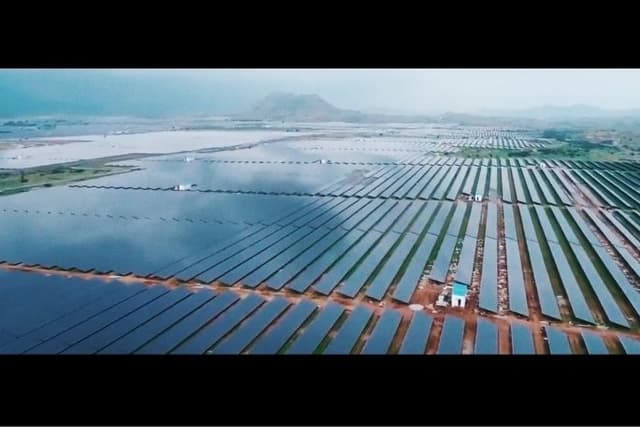
2040 - Exploring the Themes of 2040
Lesson4 of 4 in this unit
SecondaryYear 7 - 10EnglishScienceThe ArtsEnvironmentalClimate ChangeSustainability
Summary
Lesson Guides and Printables
Lesson Plan

Student Worksheet

Teacher Content Info


Lesson Plan

Student Worksheet

Teacher Content Info
